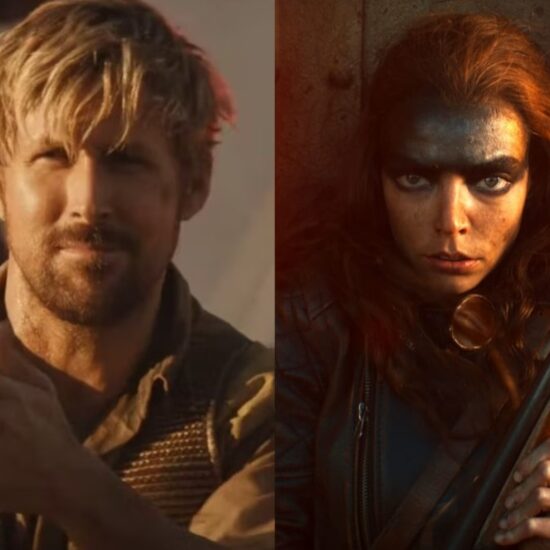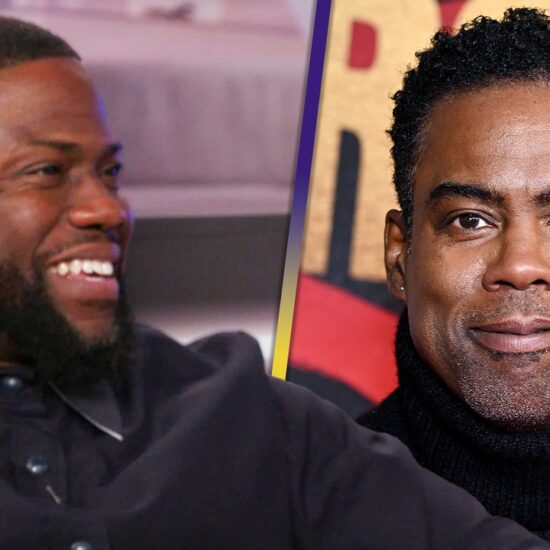
Pain Hustlers — David Yates’ entertaining crime drama about Big Pharma’s shadowy sales practices — opens with a character differentiating his company’s misdeeds from a familiar pharmaceutical titan: “We’re not Purdue Pharma. We didn’t kill America.” Sure, the employees of Zanna Therapeutics, a fictional drug company, didn’t peddle their opioid painkiller to the same degree as Purdue, but that doesn’t make them any less culpable.
A cavalcade of books, films and television shows have already revealed the greedy foundations of America’s pharmaceutical industry. Patrick Radden Keefe’s book Empire of Pain and Laura Poitras’ documentary All the Beauty and the Bloodshed tackled the Sacklers, chronicling the impact of the philanthropic family’s decision-making. The miniseries Dopesick, based on Beth Macy’s book of the same name, dramatized the Purdue clan’s manipulation. And Alex Gibney’s two-part documentary The Crime of the Century presented a damning narrative of both families’ contribution to the opioid epidemic and looked at the commercialization of fentanyl by lnsys Therapeutics.
Pain Hustlers
The Bottom Line
Bolstered by committed performances.
Adapting Evan Hughes’ The Hard Sell: Crime and Punishment at an Opioid Startup, Yates shapes a fast-paced, fast-talking feature that puts the spotlight back on Insys (the loose inspiration for Zanna). The startup’s employees, including its eccentric billionaire founder John Kapoor, were charged in 2019 with racketeering conspiracy. The case was critical in the federal government’s attempt to hold pharmaceutical companies accountable for their contributions to overdose deaths. But at its peak, Insys was also a fascinating study in how a nonentity could become a major player by using institutionalized practices. It proved that the system was designed to reward drug companies and medical practitioners at the expense of patients.
A cold open establishes Pain Hustler’s framework. The convicted employees of Zanna are being interviewed by an unseen director for a documentary about the company. Snippets of these conversations — filmed in black and white — appear throughout Pain Hustlers, which uses them to contextualize actions in the main narrative. When asked how the startup, initially on the verge of failure, became a pharmaceutical behemoth in a matter of months, the subjects cite one name: Liza Drake.
Emily Blunt plays the single mother who quickly climbed the corporate ladder after convincing a key pain management doctor (Brian d’Arcy James) to start prescribing Zanna’s pain medication over a rival drug company. But before she helped make Zanna millions of dollars, Liza struggled to earn a livable wage. We meet this determined character, a deceptively doe-eyed woman with a faint Southern twang, while she’s arguing on the phone with her ex-husband about their daughter Phoebe (Chloe Coleman). Before she can enter a full state of rage, Liza hangs up and struts, with cool determination, into a Florida strip club where she works as a dancer.
It’s unclear how long Liza has been employed at the club, but the job is a bad fit. There’s an absorbing sequence in which Yates and editor Mark Day move — with increasing speed — between frames of an overwhelmed Liza awkwardly handling the pole and another dancer who contorts her body around the metal rod with grace and precision. Pain Hustlers is filled with compelling flashes like these, where narrative, performance and technique harmonize especially well. They are glimpses of the power the film, with its well of spirited and convincing performances, could have harnessed with a tighter focus.
Blunt is especially committed as Liza, a high-school dropout who meets Pete Brenner (Chris Evans, fully inhabiting his role as a morally dubious salesman) at the strip club that night. Their conversation reveals Liza’s sly perception and ability to maneuver a situation in her favor. Impressed and attracted to her, Pete offers Liza a job as a sales representative at Zanna. He doesn’t tell her the company is on the verge of failure, but it wouldn’t have mattered to Liza, who, right after their conversation, moves into a dilapidated motel with her daughter.
The first act of Pain Hustlers chronicles Liza’s ascent and, in structure, resembles Adam McKay’s The Big Short with its dramatic freeze frames and close-ups. Yates collaborates with Fantastic Beasts: The Secrets of Dumbledore cinematographer George Richmond again to mimic the dizzying high of Zanna cinching a crucial deal and Liza moving into a different tax bracket. Voiceovers — most of them by Blunt — add background info, explaining how Pete and Liza teamed up to bribe doctors into prescribing their drug.
Soon they are recruiting practitioners across the Southeast and raking in millions of dollars. Liza hires her mother (Catherine O’Hara), who quickly becomes a liability. The relationship between mother and daughter is captured in a handful of poignant scenes, but some feel too unmoored to have the desired impact.
Zanna’s success unlocks new levels of greed, and soon their CEO Jack Neel (Andy Garcia) starts pressuring Liza and Pete to push doctors to write prescriptions for minor pain management instead of cancer patients. Liza, who up until now has been on board, starts to second guess the company’s aims. Despite Blunt’s gripping performance, the shift between Liza’s own desire to make money fast and her change of heart comes across as too abrupt to buy.
That awkwardness between ascendance and comeuppance also means that Pain Hustlers doesn’t quite reach its full emotional apex. The film returns to its documentary framework, pausing the narrative to give each character — including patients whose lives were changed by Zanna and their doctors’ malpractice — a chance to tell their story. In theory these moments allow viewers to acknowledge the toll of the epidemic, but in practice they risk dividing attention.
Pain Hustlers is strongest when it focuses on Liza and maps her complicated web of desire and integrity. In a landscape of stories about a manufactured crisis, its victims and the malevolent actors, the perspective of the middlemen, those trying to survive in a country with a crumbling support system, is a compelling thread worth exploring. It poses an uncomfortable and urgent question: How many of us would capitalize on an opportunity to change our lives knowing, deep down, the cost could be fatal?













